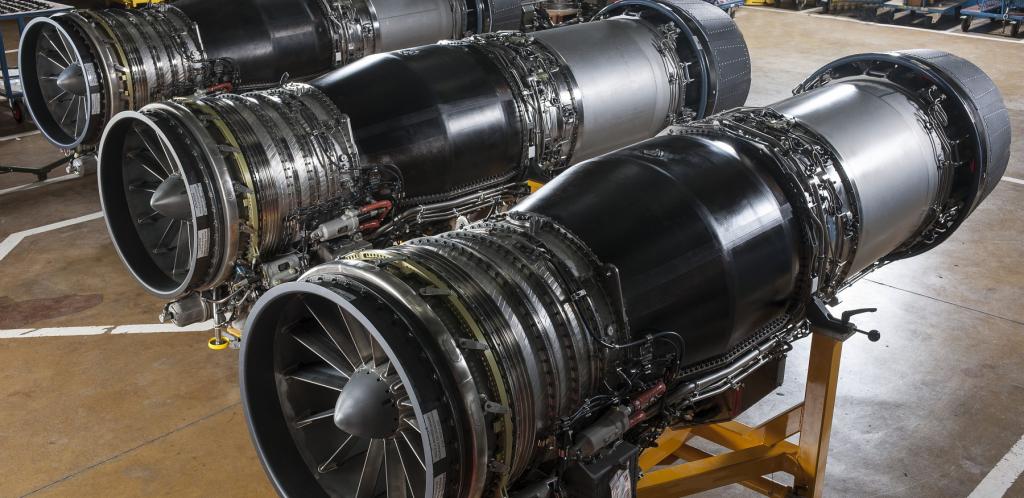Les pipelines internationaux, longs parfois de plusieurs milliers de kilomètres, sont aujourd’hui de plus en plus soumis au risque terroriste. Si le sabotage des oléoducs a constitué une constante de l’histoire du Proche-Orient, ce risque revêt une importance accrue dans le contexte de l’après-11 septembre 2001. De l’Afrique à la Chine, en passant par le Caucase et l’Asie centrale, rares sont aujourd’hui les canalisations qui échappent à cette menace.
Face à ce défi, lourd de conséquences pour les pays consommateurs et pour les investisseurs, les États traversés sont démunis. Des initiatives régionales ont vu le jour pour tenter d’assurer de manière coordonnée la protection des pipelines, mais elles semblent insuffisantes à rassurer la communauté internationale. D’où la tentation pour les pays consommateurs d’assurer eux-mêmes cette protection, par le biais de l’Otan ou par des actions unilatérales teintées d’ingérence.
The impact of terrorism on the security of international pipelines
International pipelines, sometimes several thousand kilometres long, are today increasingly at risk from terrorist action. While the sabotage of oil pipelines has been a constant element in the history of the Middle East, the issue has become more important in the aftermath of 11 September 2001. From Africa to China, and including the Caucasus and Central Asia, it is rare to find a pipeline which is not subject to threat. The states through which these pipelines transit find themselves helpless, a situation which has major implications for both producer and consumer countries. There have been some regional initiatives towards a coordinated plan of protection, but these appear to be insufficient to reassure the international community. There is a temptation for the consumer countries to put this protection in place themselves, either under the umbrella of NATO or by unilateral action which could be construed as interference.
En 2003, la société indienne Oil and Natural Gas Corporation Overseas proposait la construction d’une « autoroute de l’énergie » reliant la Russie à l’Inde, à travers le Turkménistan, l’Ouzbékistan, le Kazakhstan, le Xinjiang chinois et l’Himalaya (1). Un tel projet aurait fait sourire il y a vingt ans, mais ne suscite plus guère d’étonnement en ce début de XXIe siècle qui voit se multiplier les projets de pipelines internationaux, longs parfois de plusieurs milliers de kilomètres.
Destinés à l’acheminement de ressources minérales que les caprices de la nature ont concentré dans des zones de tensions persistantes (Proche-Orient, Russie, Caucase, Asie centrale, Afrique du Nord), ces infrastructures se trouvent particulièrement exposées aux actes de terrorisme. Simplement posé à la surface du sol, le pipeline peut être bombardé ou saboté en n’importe quel point d’un tracé impossible à surveiller efficacement. Lorsqu’elle est enterrée, la canalisation reste vulnérable en de multiples endroits, notamment aux stations de compression, terminaux d’approvisionnement, intersections ou encore lors de la traversée de cours d’eau. Les gazoducs sont, eux, particulièrement fragiles, dans la mesure où une pression continue et régulière doit être maintenue à l’intérieur de la conduite.
Le sabotage des oléoducs a rythmé l’histoire récente du Proche-Orient ; mais après le 11 septembre 2001, on peut craindre la généralisation d’un phénomène qui a incontestablement contribué au retour du pétrole au cœur de la géopolitique mondiale.
Une histoire de tuyaux percés
Les défis de l’après-11 septembre
Des conséquences très lourdes pour les pays consommateurs et les investisseurs
Des États de passage démunis
La coopération entre les États du tracé
La protection internationale des pipelines
Nouveau « droit d’ingérence » dans le domaine de l’énergie ?
terrorisme, pipeline, droit d’ingérence








